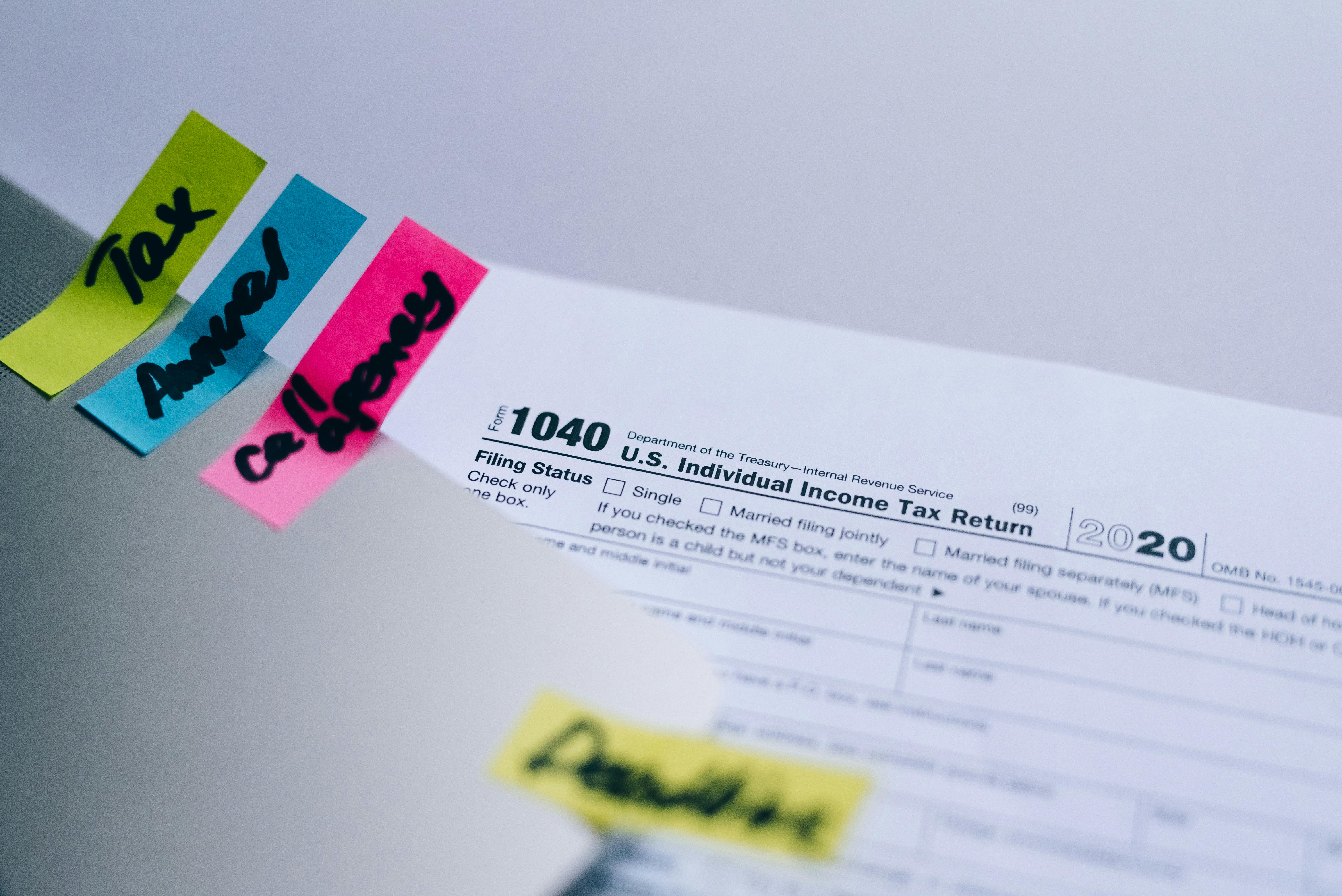Key Takeaways:
- Surviving spouses may qualify for Social Security survivor benefits based on their deceased spouse’s earnings record.
- The amount you can receive depends on your age, marital history, and whether you’re already receiving your own benefits.
- You must apply for Social Security survivor benefits directly with the SSA—they are not automatic.
After losing a spouse, the emotional toll can be immense, and the financial impact often follows closely behind. One of the most common and urgent questions for widows and widowers is: Can I collect my deceased spouse’s Social Security? Or, How much Social Security does a surviving spouse receive?
Understanding how Social Security benefits for a deceased spouse work can help ease financial uncertainty. In this guide, we break down eligibility rules, benefit amounts, application steps, and common pitfalls so you can claim the benefits you’re entitled to with clarity and confidence.
{{blog-cta-checklist-small}}
What Are Survivor Benefits and Who Qualifies?
Survivor benefits are monthly payments from the Social Security Administration (SSA) made to the surviving family members of a deceased worker who paid into Social Security. These benefits are not the same as retirement or disability benefits. They are specifically designed to support surviving spouses, children, and in some cases, dependent parents.
To qualify for SSI widow benefits or deceased spouse Social Security, you must meet at least one of these criteria:
- You are 60 years or older (50 if you are disabled).
- You are caring for the deceased spouse’s child who is under 16 or disabled.
- You are a divorced spouse and were married to the deceased for at least 10 years.
If you meet these requirements, you may be eligible to receive Social Security benefits for a deceased spouse, even if you’re currently receiving your own benefits.
Can I Collect My Deceased Spouse’s Social Security?
One of the most frequently asked questions is: Can I collect my deceased spouse’s Social Security? The answer depends on your situation, but in many cases, yes, you can.
However, you cannot receive both your full retirement benefits and your deceased spouse’s. Instead, the SSA will pay the higher of the two amounts. If your spouse’s benefits were higher than yours, you may qualify for survivor benefits to make up the difference.
Keep in mind that remarriage can impact your eligibility:
- If you remarry before age 60, you generally cannot collect survivor benefits.
- If you remarry after age 60, you may still be eligible.
How Much Social Security Does a Surviving Spouse Get?
The amount you receive in social security spousal death benefits depends on your deceased spouse’s Primary Insurance Amount (PIA). Essentially, the amount they would have received at full retirement age.
Here’s how benefits are typically calculated:
- Full benefit (100% of the deceased’s benefit) if claimed at or after full retirement age.
- Reduced benefit (around 71.5% to 99%) if claimed between age 60 and full retirement age.
- If you are disabled and claim at age 50–59, your benefit may be further reduced.
Many people use a switching strategy: collect social security for a surviving spouse first, then switch to their own retirement benefit later if it’s higher, or vice versa.
How to Apply for Social Security Survivor Benefits
One important detail: Social Security survivor benefits are not automatic. You must apply directly through the SSA. Unfortunately, you cannot apply online for survivor benefits. Instead, you must call or visit your local Social Security office.
Be sure to have these documents ready:
- Death certificate (original or certified copy)
- Marriage certificate
- Social Security numbers for you and your deceased spouse
- Birth certificate if applying for children
You can begin the process by calling 1-800-772-1213 or visiting your nearest SSA office. For more information, you can also visit ssa.gov/survivor.
Timing and Common Mistakes to Avoid
When to Apply
Apply as soon as possible after your spouse’s death. Waiting too long could result in lost retroactive benefits—you may only be able to recover up to six months of back pay.
Common Mistakes
- Assuming you’re not eligible: Even divorced spouses may qualify under certain conditions.
- Missing out on switching strategies: You could lose thousands by not coordinating survivor and retirement benefits.
- Not checking with the SSA: Always verify your options, even if you think you won’t qualify.
{{blog-cta-checklist-large}}
FAQs
1. Can I collect my deceased husband’s Social Security and my own?
No, you’ll receive the higher of the two benefits—not both.
2. How do I apply for survivor benefits from Social Security?
You must call SSA at 1-800-772-1213 or visit your local office.
3. What documents do I need to apply for Social Security spousal death benefits?
Death certificate, marriage certificate, birth certificates (for children), and both spouses’ Social Security numbers.
4. How much does a surviving spouse get from Social Security?
Up to 100% of the deceased’s benefit, depending on your age when you apply.
5. Where do I apply for SSA survivor benefits?
In person at an SSA office or by calling 1-800-772-1213.
Navigating Social Security after a spouse dies can feel overwhelming. But understanding your eligibility, benefit amount, and the application process can provide meaningful financial support. Whether you’re wondering how to apply for Social Security survivor benefits, how much you’ll receive, or what documents are required, this guide offers a practical place to begin.
Need help managing the details after a loved one’s death? Elayne offers smart, automated tools to help you settle estates and handle legal and financial tasks with ease.
*Disclaimer: This article is for informational purposes only and does not provide legal, medical, financial, or tax advice. Please consult with a licensed professional to address your specific situation.


















































